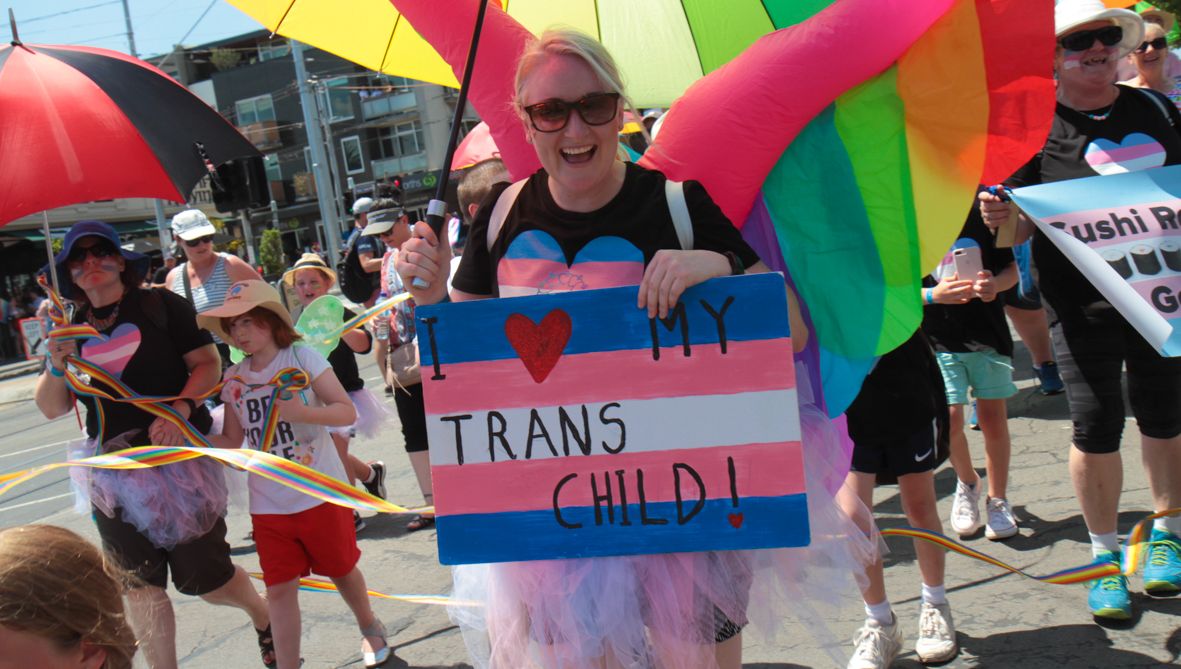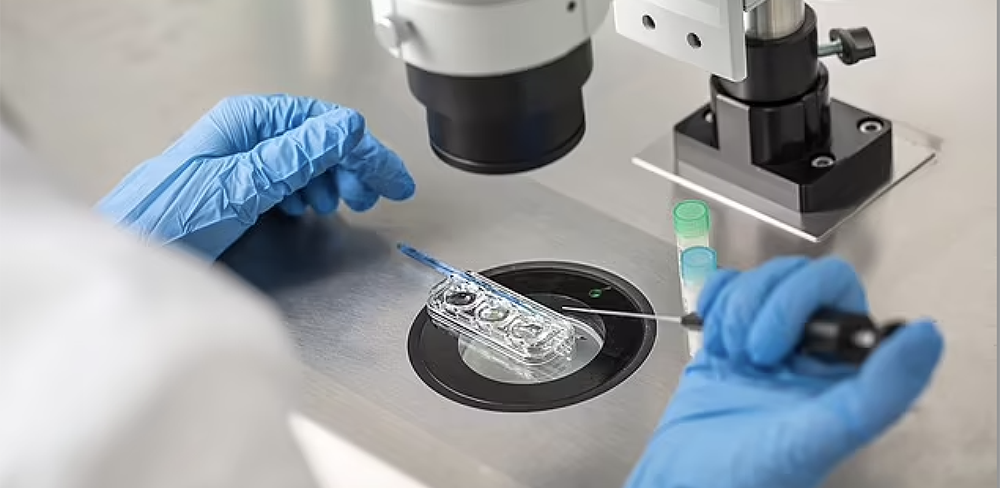
New guidelines recommend earlier hormones for trans teens

Young trans people could be able to access hormones and begin puberty for their affirmed gender in their early teens, under new Australian guidelines.
The guidelines, published yesterday in the Medical Journal of Australia, recommend taking each young person’s circumstances into account when deciding when to start hormone therapy, SBS News has reported.
Under prior guidelines, trans teens must wait until age 16 to begin hormones—and therefore puberty, if they have been on medication to block the hormones their body produces.
The Family Court last year determined that young people no longer require court permission to start hormone therapy, leaving the decision between them and their parents and doctor.
Under the new guidelines, some may be able to start treatment as early as age 13 or 14.
The “inflexible” chronological age requirement has been replaced with consideration of each teen’s developmental stage and the appropriate treatment to benefit their wellbeing.
Lead author of the guidelines, Associate Professor Michelle Telfer, said that very few young people regretted starting hormone therapy, and that many studies have shown that starting treatment in the early teens is more beneficial than waiting until 16.
“The rate of regret is very low, as low as 0.4 to 0.6 per cent,” Telfer said.
“It’s not at all controversial within those with expertise because we all know that we have been doing this for years.
“It may be controversial in terms of people who don’t know the area well but it’s certainly not controversial within the clinical community.
“The consequence of not treating are known to be severe in terms of depression, self harm, suicide.
“Clinicians need to weigh up the benefits with the risks rather than just sticking to an inflexible age.”
Telfer said the new guidelines better reflect the advances that have been made in trans healthcare.
She added that appropriate healthcare, including access to medical transition at the right time for each young trans person, can improve mental and social wellbeing.
“What we know now is that transgender children and adolescents experience high rates of stigma and discrimination, bullying, social exclusion and abuse and as a consequence of all of those negative experience the mental health outcomes for this population are very poor,” she said.
“But with supportive care, affirming care and access to medical interventions at the right times those harms can be reduced and in some cases ameliorated.”
Around 1.2 per cent of Australian adolescents are trans.









